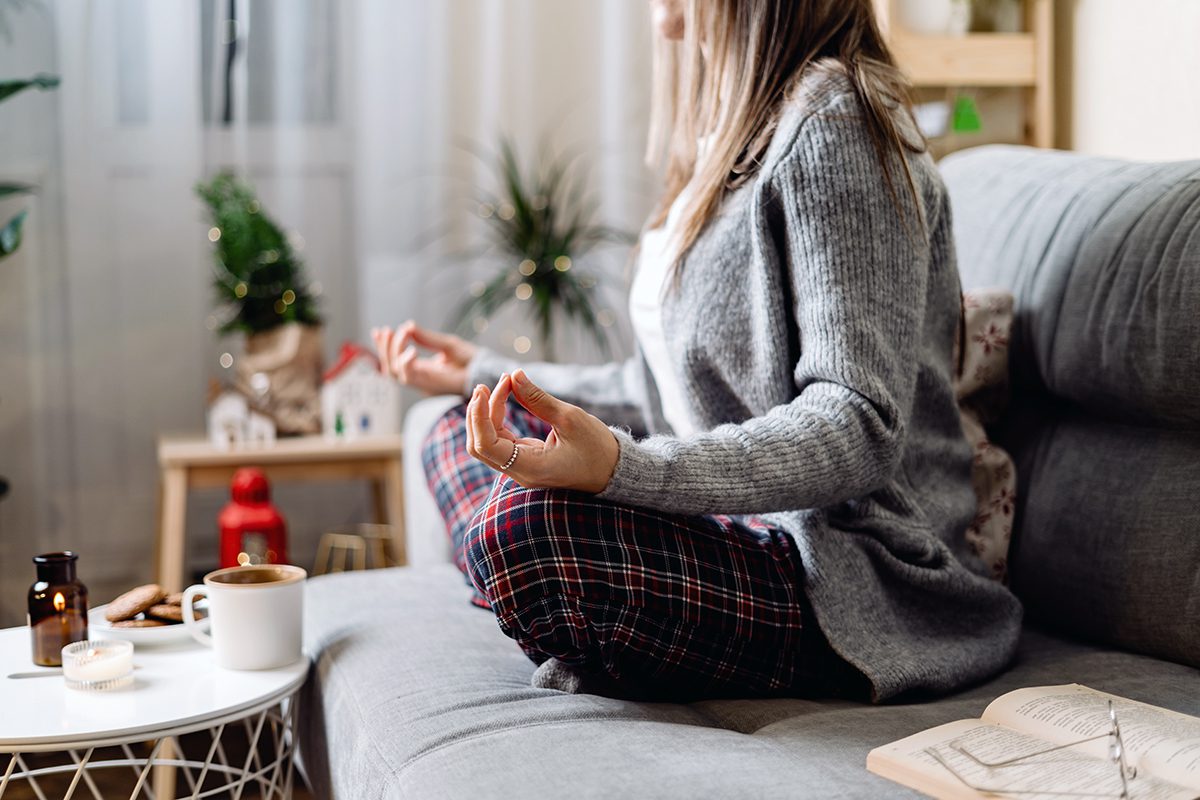How to Handle the Holidays While in Recovery
Holidays Can be Challenging, but they Don’t Have to be Horrible
The holidays can be a difficult time of year for people for numerous reasons. Family tension, financial strain, social anxiety, travel snafus…The list of ways the holiday season can cause stress is virtually endless. When someone is also in recovery, the stakes – and the stresses that come with getting through the season – are even higher.
Even though the holidays are often a difficult time of year for people in recovery, with a little planning and self-awareness, they don’t have to be miserable – and might even bring a little joy.
Know – And Avoid – Your Triggers
If you’ve been doing the work, then the odds are good that by now, you know what sets you off, stresses you out and makes you want to engage in the bad habits and with unhealthy friends that could lead you to relapse. The holidays can bring all of your triggers back into your life. Whether it’s the old significant other hitting you up out of nowhere, the fight with your mom that you’ve had a thousand times, or something else entirely, if you can name it, you can avoid it – and if avoidance keeps relapse from occurring, it’s a strategy worth considering.
Maintain Healthy Habits
It’s easy to get lax with diet and exercise around the holidays. The days are shorter, it’s colder and the desserts and rich foods are more plentiful. But if the holidays are a time of additional stress, a clean diet and plenty of exercise is more important than ever. Exercise helps with sleep and mood, while healthy foods can boost energy and deliver the nutrition you need to maintain immune health.
Set Boundaries
Invited to a party where there will be alcohol or drugs on the menu? Feel free to say, no. Is one of your siblings asking for too much assistance planning the meal and it’s stressing you out? It’s okay to say so and come up with a plan that is within your capabilities at the moment. Depending on where you are in your recovery, you may be in a fragile state. There is nothing wrong with stating your needs and your limits – it’s one way your loved ones can better understand how to support you in your recovery.
Plan for Temptation
Whether it comes by having too much fun, or as a response to boredom, temptation can be sneaky. That’s why it’s a good idea to plan for what to do when it inevitably comes knocking.
Sober Buddy
Have a sober buddy that you can take to events who is committed to staying sober with you and can provide accountability and companionship.
Say No
If you’re at a party and someone offers you a drink, you can simply say no, but if they press you, it can be helpful to have some answers in your pocket. It’s up to you to decide whether you want to get into the reasons for your sobriety, but any way you approach the situation, it can be easier to navigate if you have already thought about what you want to say.
On Your Own Terms
And even though we’ve already covered this, if you are invited to an event where you know that you are going to be tempted, feel free to set up a boundary and decline the invitation. But rather than sitting at home thinking about all the fun you’re missing, make other plans with a supportive friend and enjoy yourself on your own terms.
Practice Gratitude
Whether you have been sober for one day or twenty years, be proud of yourself for the work you’re doing and be grateful for the opportunity to live a healthy, substance-free existence. Practicing gratitude can have huge positive impacts on your happiness, well-being, mood and general health. If you get the holiday blues, gratitude can help get you through. Ways to practice gratitude include keeping a journal, thinking of things you are grateful for, and saying thank you.
Mare’s House – Supporting Women in Recovery
From all of us here at Mare’s House, we wish you a very happy holiday season filled with gratitude, support, good habits and good friends.










